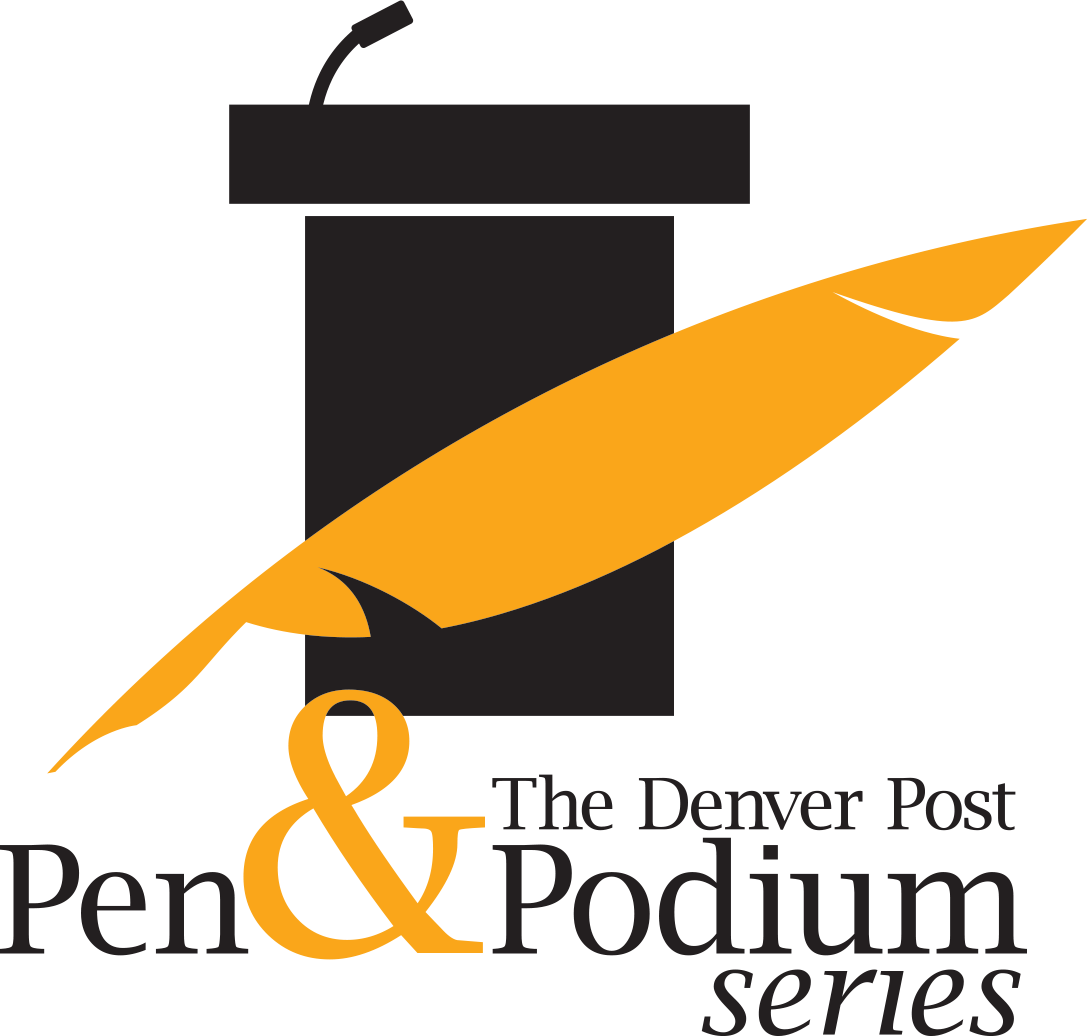
Thank you for your interest in The Denver Post Pen & Podium Literary Lecture Series. We are currently updating this website with information for the 2024/25 season.
We are thrilled to announce the 21st Season's award-winning lineup: Amy Tan - Monday, September 23, 2024; Bonnie Garmus - Monday, October 14, 2024; Erik Larson - Monday, January 27, 2025; Tommy Orange - Monday, March 10, 2025; and Ed Yong - Monday, May 12, 2025. Current Pen & Podium subscribers' renewal packets will be sent out the week of May 13th.
If you are interested in becoming a subscriber for the 2024/25 season, please click here to sign up for the Early Bird Advance Ticket Notification list. Once the subscriber renewals are complete, an email will be sent to this list for an opportunity to sign up before the remaining seats go on sale to the general public.
If you have any questions, please contact us at dpcommunity@denverpost.com.